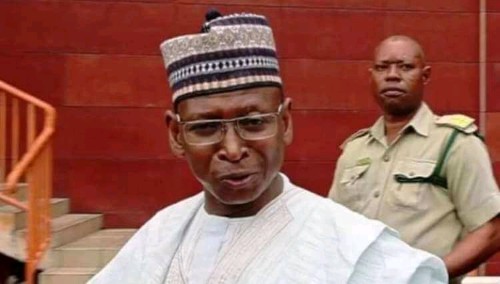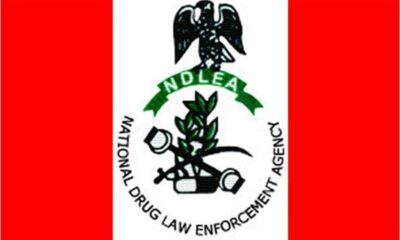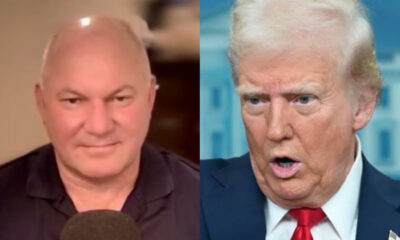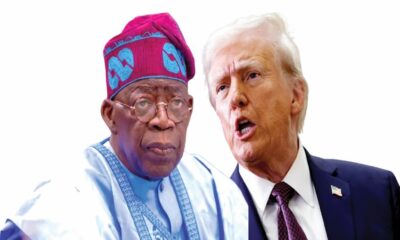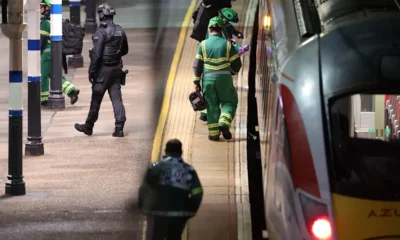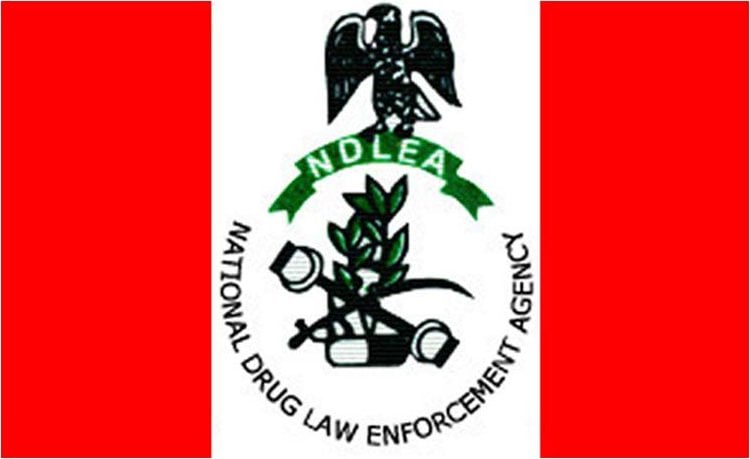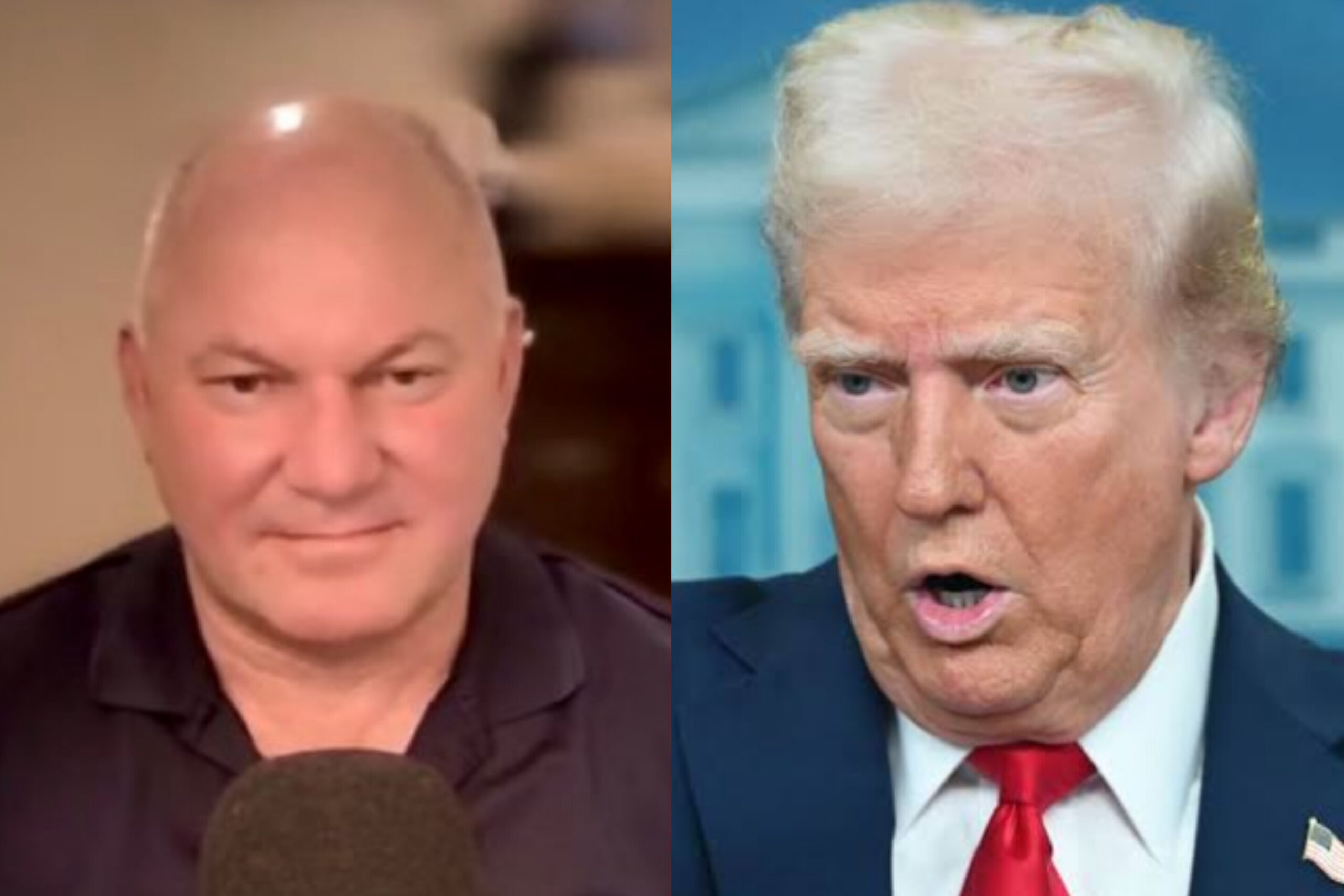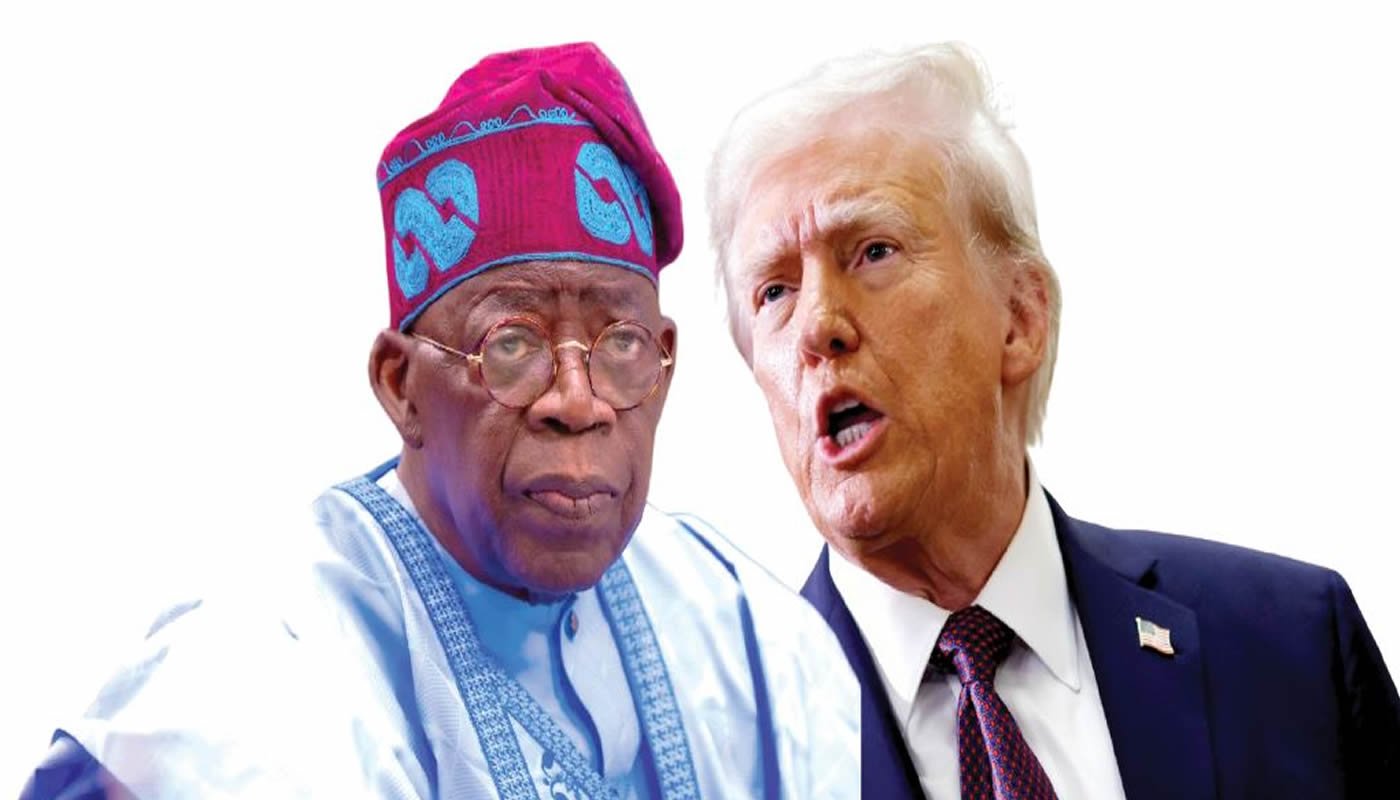The National Drug Law Enforcement Agency has arrested a music artist, Godspower George Osahenrumwen, popularly known as Steady Boy, for allegedly attempting to receive a consignment of illicit drugs smuggled from the United States for his manager in the Lekki area of Lagos State.
The agency also disclosed that it uncovered an illicit drug laboratory in the Ajao Estate area of Lagos.
NDLEA spokesperson, Femi Babafemi, announced the developments in a statement on Sunday.
According to the statement, Steady Boy was arrested after operatives intercepted large quantities of Loud concealed inside three cartons of bathtubs at the import shed of the Murtala Muhammed International Airport, Ikeja, Lagos, on Tuesday. The shipment reportedly arrived via a DHL flight from the United States.
“The 20-year-old music artiste was nabbed at Bougain Villa, Primewater Gardens 2, Freedom Way, Lekki, Lagos, when he showed up as the consignee to take delivery of the 140 bags of Loud with a gross weight of 77.20kg on behalf of a syndicate, which includes his manager, Zion Osazee Omigie (a.k.a. Zee Money), who is currently at large,” the statement added.
Babafemi explained that intelligence gathered over several months led to the discovery of a clandestine laboratory producing Colorado in large quantities, and the suspected owner of the facility was arrested.
During the operation, “freshly cooked Colos weighing 16.2 kilograms, 1.7kg of ADB-CHMNACA Cannabinol, 4.5kg of Potassium Carbonate, and 91 litres of Dibromobutane” were recovered from the apartment.
The statement noted that NDLEA operatives conducted another operation on Saturday, November 1, in Mushin, Lagos, where they raided the hideout of a 28-year-old drug dealer identified as Afeez Salisu (alias Malu). The operatives recovered 16 compressed blocks of Ghana Loud and designer sachets and bottles of Colorado weighing 16.4kg.
“In Kaduna, NDLEA operatives on patrol along the Abuja–Jos highway on Sunday intercepted a consignment of 84,710 capsules of tramadol coming from Onitsha, Anambra State, and heading to Bauchi. A follow-up operation in Bauchi led to the arrest of the recipient, Musa Abdulkarim, 27.
“Two days later, on Tuesday, operatives at the tollgate along the Abuja-Kaduna highway arrested Hamza Musa, 47, conveying 32,946 bottles of Akuskura, a new psychoactive substance, from Lagos, while Saidu Nafiu, 30, was nabbed with 131.5kg of skunk at Kamfanin Zangon Aya, Igabi LGA, Kaduna.
“Three suspects, Seun Olaniyi, 24; Rauf Asogba, 28; and Ayinla Adeniyi, 50, were on Saturday, November 1, arrested at Abeokuta, Ogun State, after a team of NDLEA officers tracked their movement from Benin Republic and eventually intercepted their bus along Abiola Way, Abeokuta, with a total of 1,779kg of skunk recovered from them.”
Babafemi further stated that operatives arrested one Jamilu Mustapha in Nasaru town, Ningi LGA of Bauchi State, while 532,600 pills of tramadol and Exol-5 were recovered from three suspects in a truck at Oko-Olowo, Ilorin, Kwara State, on Wednesday.
He continued, “In Edo State, the NDLEA officers on patrol along Okhokho–Isi community in Uhunmwode LGA on Wednesday intercepted two Toyota Sienna buses marked EPE 545 EV and ABC 142 CD, conveying a total of 1,455kg of skunk following credible intelligence.
“In like manner, operatives in Ondo State on Tuesday, October 28, recovered a total of 2,829kg of skunk linked to a 32-year-old female suspect, Mrs Ige Olarewaju, from two locations at Ayede, Ogbese, while another suspect, Samuel Adebayo, was nabbed with 737kg of the same psychoactive substance at Adegbola Junction, Akure.”
According to the NDLEA, officers also recovered 76.5 litres of skuchies from a suspect identified as Ige Oluwale in Ibereko, Badagry, Lagos, on Friday, October 31.
Babafemi said a further operation in Taraba State on Thursday led to the recovery of 30,370 pills of tramadol and 177 grammes of methamphetamine from two suspects arrested while transporting the drugs from Onitsha, Anambra State, to Yola, Adamawa State.
“While commending the officers across the country for their resilience, professionalism, and balanced approach to the drug control efforts of the country, the Chairman/Chief Executive Officer of NDLEA, Mohamed Buba Marwa, vowed that the agency will continue to target and dismantle every identified drug syndicate in any part of Nigeria,” the statement concluded.
The NDLEA has recorded a series of arrests and convictions in recent months as part of its intensified crackdown on drug trafficking networks.
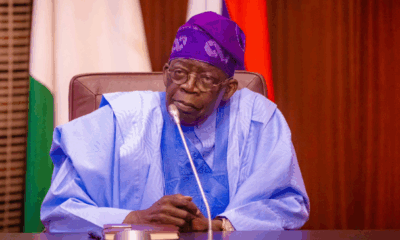
 BIG STORY5 days ago
BIG STORY5 days ago
 BIG STORY5 days ago
BIG STORY5 days ago
 BIG STORY5 days ago
BIG STORY5 days ago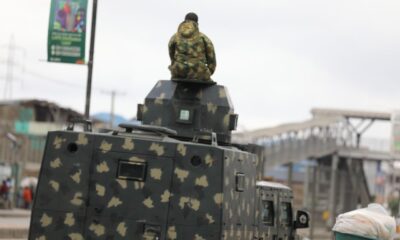
 BIG STORY3 days ago
BIG STORY3 days ago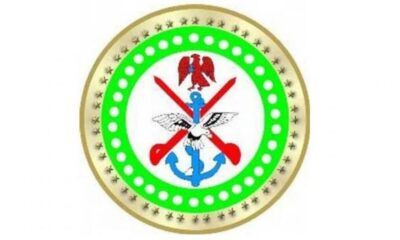
 BIG STORY4 days ago
BIG STORY4 days ago
 BIG STORY3 days ago
BIG STORY3 days ago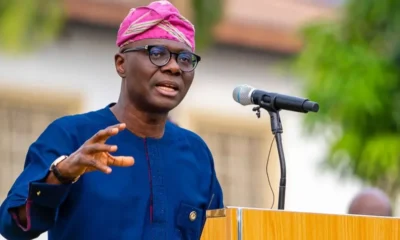
 BIG STORY4 days ago
BIG STORY4 days ago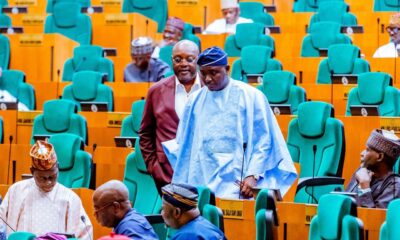
 BIG STORY4 days ago
BIG STORY4 days ago




